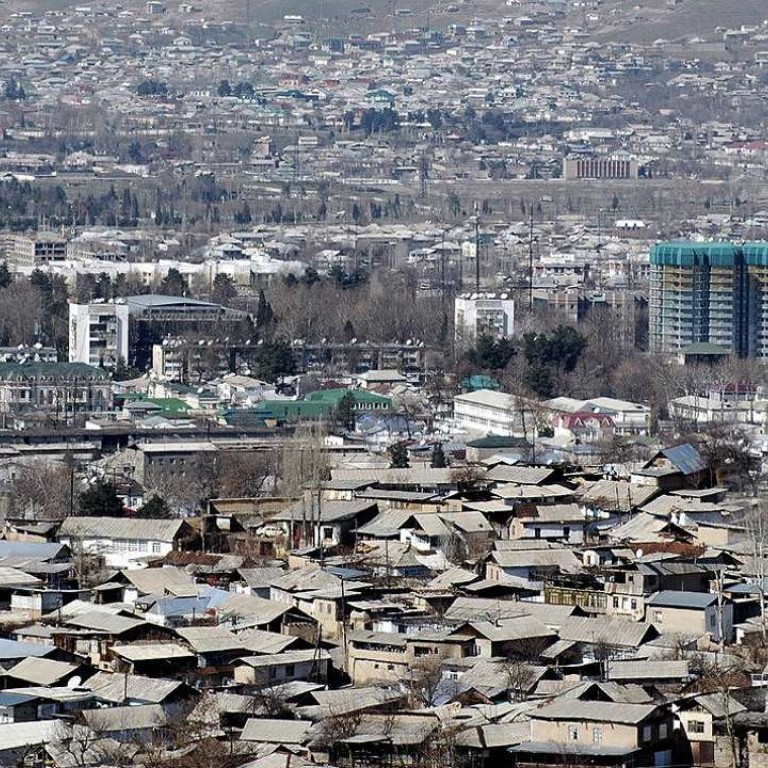
Vast distances and ‘terrible internet’ a part of doing business in ‘One Belt, One Road’ countries
Hong Kong companies planning to take up “One Belt, One Road” opportunities need to become deeply involved in the host country’s local culture, said Joseph Chan Nap-kee, chairman and executive director of Kaisun Energy Group, which signed a US$20 million mining deal with one of the biggest privately owned banks in Tajikistan last year.
Speaking during a panel discussion at the South China Morning Post’s China Conference in Hong Kong on Friday, Chan shared his pioneering experience by saying the priority task before doing business with countries along the trade route was to be well prepared. “The countries are totally different from Hong Kong. You can even spend one week to go from one place to another, and you will find the internet is terrible there,” he said. “We need to know the political risks and how to deal with local government.”
Better understanding of local culture is also important, Chan stressed. “Firstly, make friends with locals and then talk with them about the business, but do not tell them directly what you can do in their countries,” he said. “Don’t just close the door or do your own business by yourself, but go outside and communicate with the locals.”
Gaining the support of locals was very important to make your business efficient and successful – even to guarantee your own personal safety there, Chan said. Hiring local workers is a good way to gain support because you can create employment and drive economic growth for local regions and you offer your value there.
There are a lot of ceremonial meetings but there are never down-to-earth sessions to help Hong Kong business
To catch the opportunities, Chan said the Hong Kong government should play its role. “We have been talking about one belt, one road since 2013 [and] what has our government done for Hong Kong business people? There are a lot of ceremonial meetings but there are never down-to-earth sessions to help Hong Kong business. That is one of the urgent things for the Hong Kong government to do now and in the next 10 years,” said Chan. “I think that is a very important step so that Hong Kong companies really have a platform to go into the belt and road.
“We don’t have sufficient links that help us speak to these countries [and] we don’t have enough historians to tell us about the cultures of all countries,” Chan added. “That is something that Hong Kong’s government, especially the Education Bureau, should pay attention to.”
Kaisun, which has been mining coal in Tajikistan for local consumption since 2011, is one of the only Hong Kong companies to have invested in Tajikistan, a landlocked Central Asian country with eight million people – slightly more than Hong Kong.
The one belt, one road strategy, unveiled by Beijing in 2013, comprises two legs: the new Silk Road economic belt connecting China and Europe and the maritime Silk Road connecting China with Southeast Asia, Africa and Europe.

